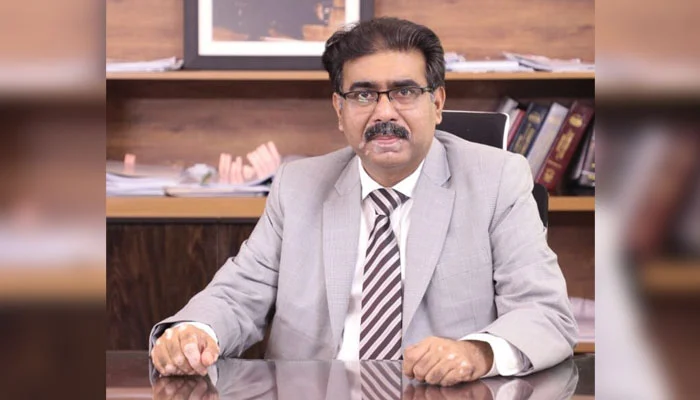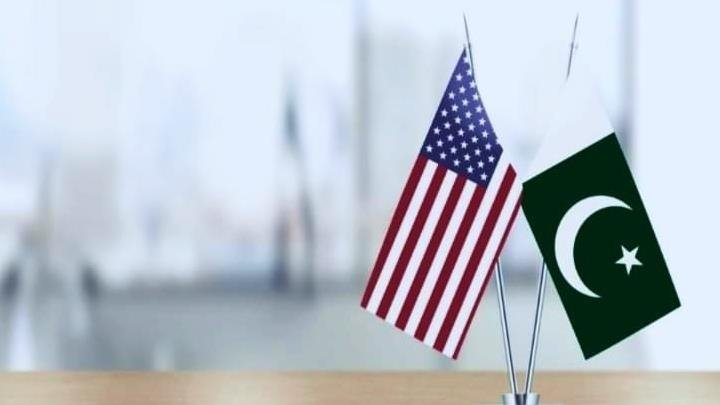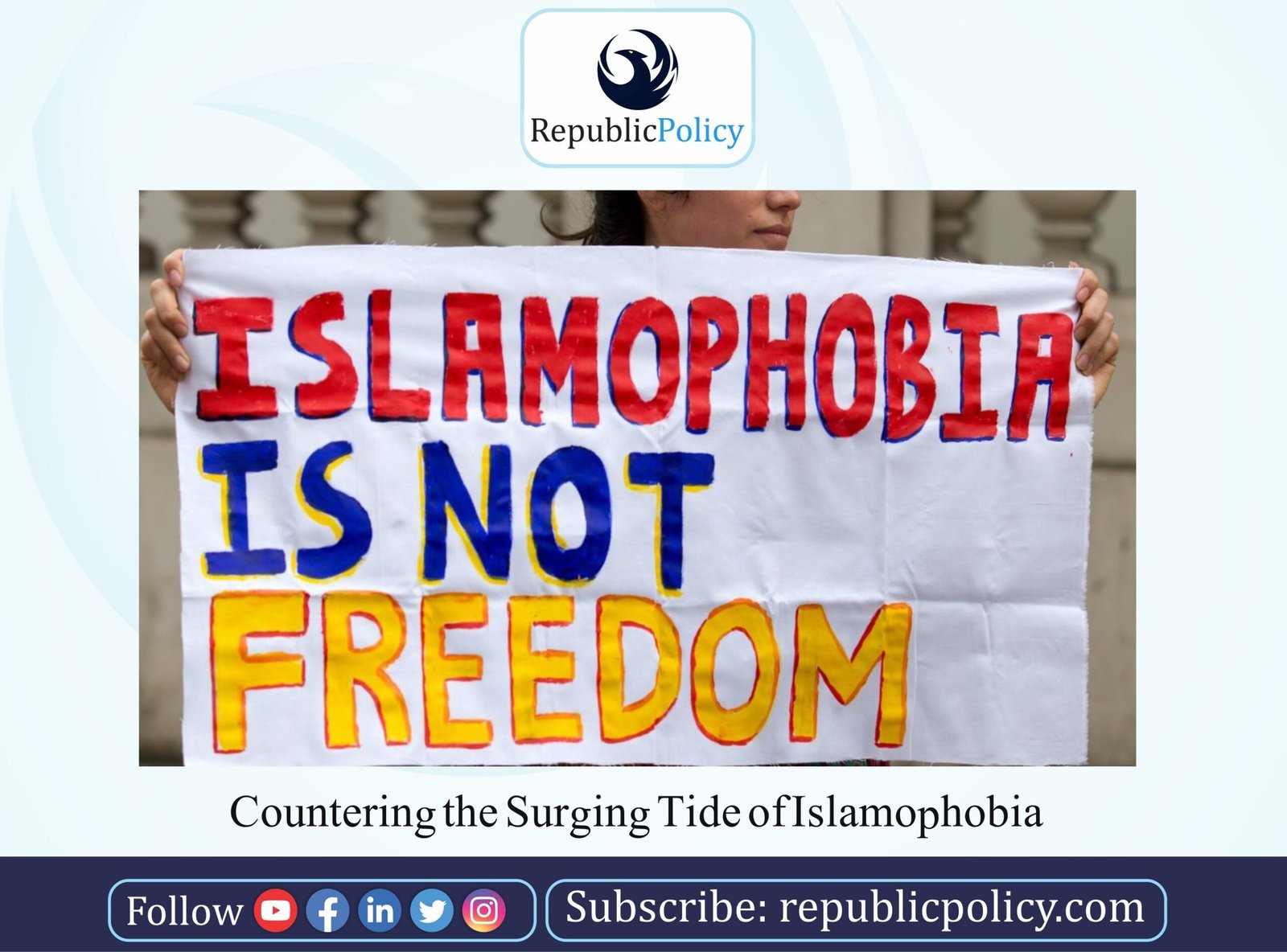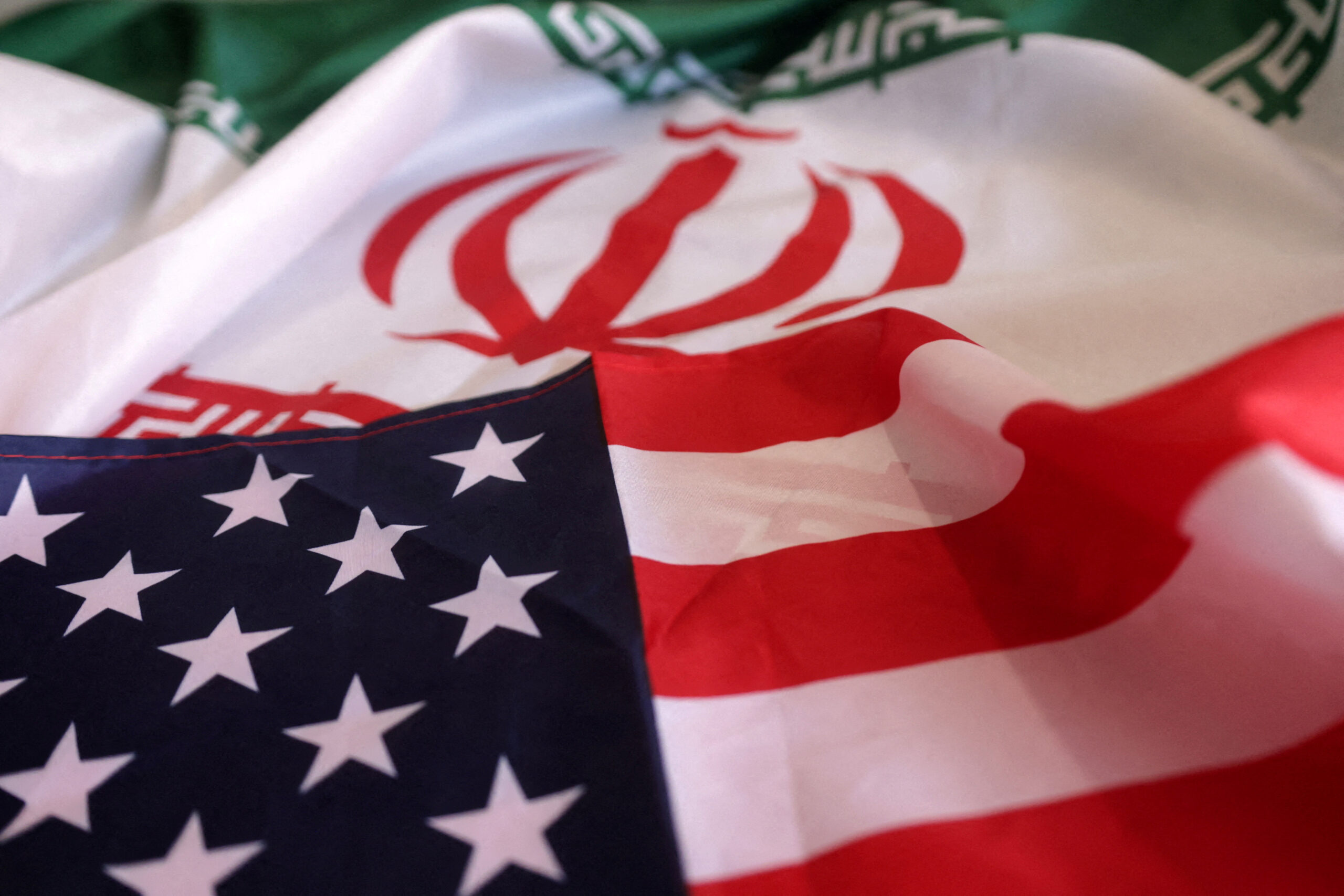Shaban Safdar Khan
Throughout history, women have been instrumental in diplomacy, a fact that is often overlooked. Despite comprising half of the world’s population, their contributions have not always been fully acknowledged. The involvement of women in diplomacy brings a wealth of benefits; their diverse leadership styles, expertise, and priorities expand the range of issues under consideration and significantly influence the quality of outcomes.
Numerous studies have shown that when women participate in legislative bodies, cabinets, and parliaments, they tend to advocate for laws and policies that benefit communities, the environment, and social cohesion. Increasing women’s participation in peace and political processes is crucial for achieving genuine gender equality in the face of entrenched discrimination.
The presence of women in decision-making bodies is a catalyst for effective governance, fostering a more inclusive approach that considers a broader range of perspectives and experiences. This inclusivity not only reflects the diversity of the population but also leads to well-informed policies that address the needs of all citizens.
However, it is disheartening and urgent that violence against women in politics remains a significant obstacle to progress toward gender equality. Such violence not only violates the fundamental human rights of women but also poses a serious threat to their political participation. It creates a hostile environment that discourages women from engaging in politics, ultimately impeding their full contribution to society.
The United Nations has witnessed the pivotal role of women since its establishment in 1945, with women contributing significantly to the drafting and signing of the UN Charter. Despite several historic moments for gender equality at the UN General Assembly (UNGA), there is still much to be achieved in terms of women’s representation and participation. In its 77 years, only four women have been elected president of the UNGA, underscoring the need for more progress.
The UN Security Council, with primary responsibility for international peace and security, currently includes slightly over a third women among its members – a figure higher than the average but still inadequate. Exploring and enhancing the participation of women at the Security Council is imperative for fostering inclusive governance and creating policies that drive positive, long-term change.
In conclusion, women’s perspectives and leadership are essential in shaping global diplomacy. By recognizing and amplifying the role of women in decision-making processes, we can establish global norms and standards that promote inclusivity and contribute significantly to the betterment of societies worldwide.
It is worth acknowledging and celebrating the remarkable strides women have made in the traditionally male-dominated arena of diplomacy. Historically, diplomacy has been predominantly governed by men, but it is now imperative to recognize the noteworthy contributions of women who are breaking barriers and leaving an indelible mark in the field of diplomacy. The movement towards gender equality has made considerable progress, with 143 countries as of 2014 guaranteeing equality between men and women in their constitutions. However, it is disheartening to note that 52 countries have yet to make this critical commitment. Advocating for increased representation of women in key decision-making positions is pivotal in shaping and executing multilateral agendas, fostering a more inclusive and diverse diplomatic landscape.
Despite the progress, statistics from 1992 to 2019 reveal that women represented only 13 percent of negotiators, 6 percent of mediators, and 6 percent of signatories in peace processes globally. It is evident that gender equality and the empowerment of all women and girls are crucial in driving progress across all the Sustainable Development Goals (SDGs) and associated targets. The systematic integration of a gender perspective in the execution of the 2030 Agenda is paramount, particularly as SDG 5 specifically calls for women’s equal participation in decision-making processes.
A significant milestone in advancing the cause of women in diplomacy is the establishment of the International Day of Women in Diplomacy. During the 76th Session of the United Nations General Assembly, a resolution (A/RES/76/269) was passed, designating the 24th of June each year as the International Day of Women in Diplomacy. The General Assembly, through consensus, urged all Member States, United Nations entities, non-governmental organizations, academic institutions, and associations of women diplomats to observe the Day in a manner they deem most appropriate, which may include educational initiatives and public awareness campaigns. This declaration serves to raise global awareness and recognition for the contributions of women in diplomacy, acknowledging their vital role in shaping international relations.
As of January 2023, there are 31 countries where 34 women hold the position of Heads of State and/or Government. This signifies a growing presence of women in top leadership roles worldwide, illustrating the progress towards gender equality in governance.
In 2021, out of the five United Nations-led or co-led peace processes, two were spearheaded by women mediators. Furthermore, all five processes involved consultations with civil society and received expertise on gender-related issues. This showcases the increasing involvement of women in peace negotiations and the recognition of the importance of gender perspectives in these critical discussions.
The year 2022 marked a significant milestone as the Security Council convened its first formal meeting dedicated to addressing reprisals against women engaged in peace and security processes. This acknowledgment of the challenges faced by women participating in such processes highlights a step forward in ensuring their safety and meaningful involvement in decision-making regarding peace and security matters.
Despite progress in various fields, women’s participation in multilateral disarmament forums continues to face significant gaps. Women remain significantly underrepresented in many weapons-related fields, including technical arms control, with only 12 percent of Ministers of Defense globally being women. Fostering greater gender diversity in these forums is crucial for ensuring a more inclusive approach to disarmament efforts and addressing security concerns from a broader perspective.
Furthermore, studies have shown that countries with higher female representation in legislative and executive branches tend to allocate less to defense spending and more to social spending. This correlation reinforces the importance of women’s involvement in decision-making processes, highlighting the potential for diverse perspectives to influence resource allocation in ways that contribute to social welfare and human development.

















